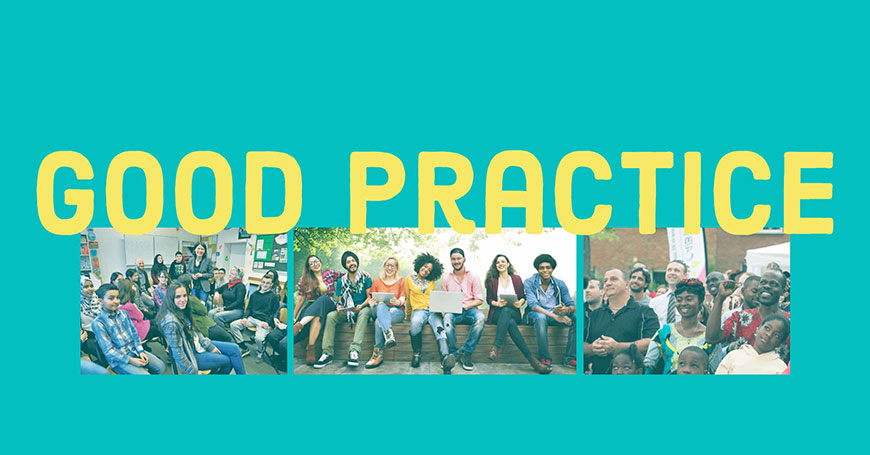Intercultural cities: good practice examples

The first step is the adoption (and implementation) of strategies that facilitate positive intercultural encounters and exchanges, and promote equal and active participation of residents and communities in the development of the city, thus responding to the needs of a diverse population. The Intercultural integration policy model is based on extensive research evidence, on a range of international legal instruments, and on the collective input of the cities member of the Intercultural Cities programme that share their good practice examples on how to better manage diversity, address possible conflicts, and benefit from the diversity advantage.
This section offers examples of intercultural approaches that facilitate the development and implementation of intercultural strategies.
#BCNvsODI
Purpose: #BCNvsODI is nowadays a platform for dissemination and awareness-raising in the fight against hate speech, both online and offline, with information, materials and pedagogical, informative...
Office for Non-Discrimination (OND)
Purpose: The Office for Non-Discrimination is accordingly designed as the municipal service for dealing with, advising on, mediating over and penalising (where legally possible) discriminatory...
The anti-radicalisation programme
Purpose: The aim of the programme is to prevent radicalisation, hate crimes and violent extremism. Through providing correct information, the municipality endeavours to avoid religious...


